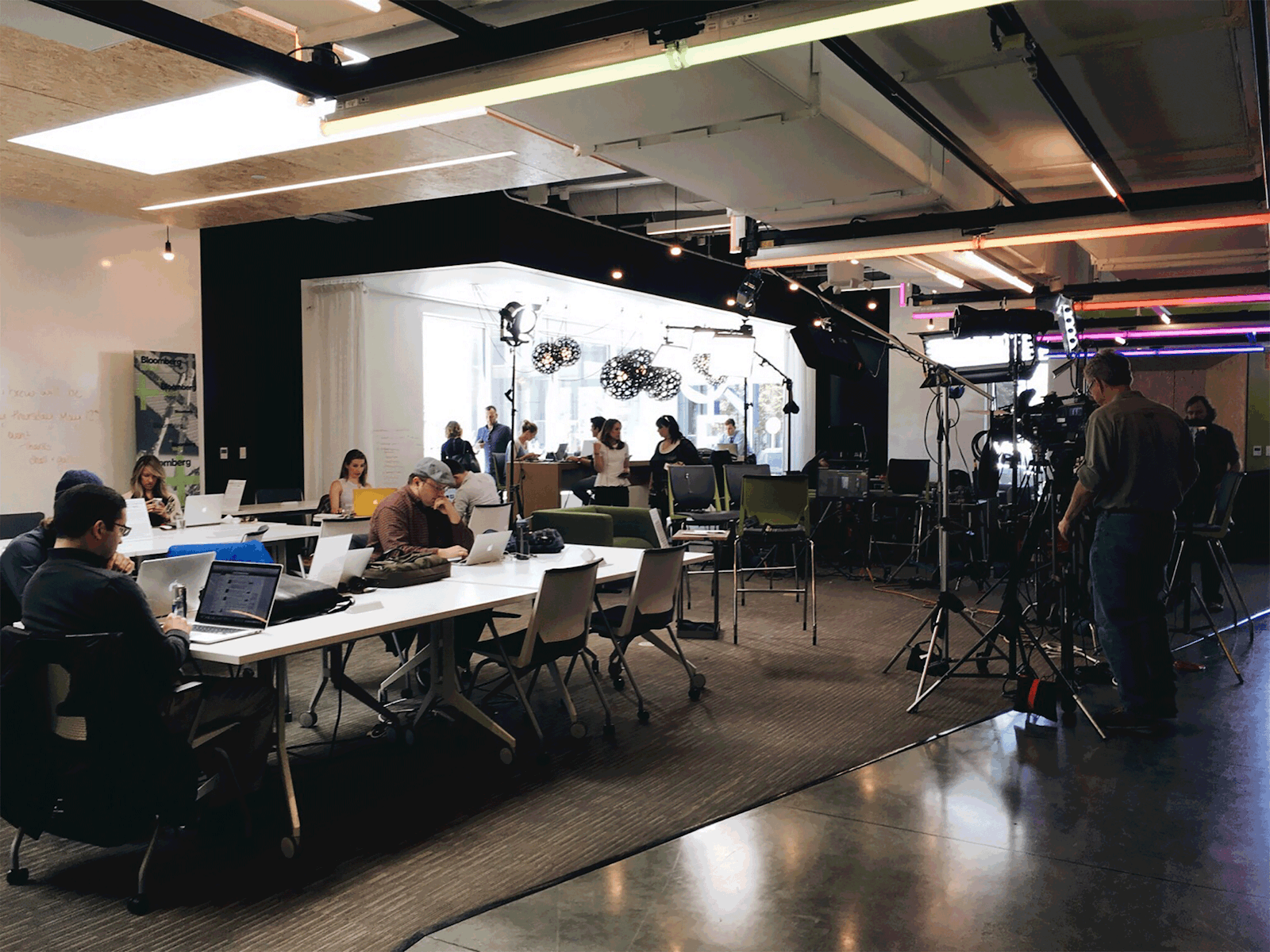Does Co-Working Make Us More Innovative?

While in Boston for the Front End of Innovation Conference our team had a chance to learn about District Hall, a one-of-a-kind hub for innovation. Featuring various event spaces, cafes, and co-working spots, District Hall is meant to accommodate “everything from off-site brainstorm sessions to cocktail receptions, from hackathons to award ceremonies, from annual meetings to dance parties.”
While in Boston for the Front End of Innovation Conference our team had a chance to learn about District Hall, a one-of-a-kind hub for innovation. Featuring various event spaces, cafes, and co-working spots, District Hall is meant to accommodate “everything from off-site brainstorm sessions to cocktail receptions, from hackathons to award ceremonies, from annual meetings to dance parties.”
So what is so special about this type of space?
First, getting folks out of their cubicle or office makes people more creative. When we are in the same spot day after day, our ideas often stay the same. This idea translates not just to entrepreneurs creating an app or artists collaborating, but to nearly all of our clients at Capsule who engage in the Foundations™ process. For at least one session, we encourage the client to come to our office, so they can be in a new environment for this creative exercise.
The result? A different type of thinking. New ideas. Collaboration.
More and more, people who would traditionally work from home or a coffee shop are choosing to work together in a creative hub similar to District Hall.
Luckily in Minneapolis we have several co-working spaces.
COCO, a “dream accelerator,” has various locations throughout Minneapolis and St. Paul where they encourage members to explore new ideas in the company of other creators.
In the same spirit, Industrious, offers over 20,000 square feet on the 28th floor of a downtown office building, complete with Spyhouse pastries and coffee.
The real question: beyond cool names and inspiring taglines, do these spaces actually make us more innovative?
The answer is yes, and is backed up by urban planners and business writers. In cities, these spaces are examples of collision density, when people of different backgrounds, careers, and strengths work together and have the opportunity to share ideas.
Richard Florida, author of The Rise of the Creative Class, puts it well: “When artists, designers, technologists, investors, community activists, engineers, and entrepreneurs mix together, more innovative ideas are likely to emerge than just a group of engineers discussing the potential for blockchain, peer-to-peer models, distributed renewable energy, and so on.”
Co-working spaces aren’t just for freelancers anymore either. Forward thinking corporations are including the best features of co-working spaces -- smart design, a feeling of community, large tables for collaboration -- into their own offices. According to design researchers in the Harvard Business Review, “founders of Menlo Innovations in Ann Arbor, Michigan, recently expanded their office space by 7,000 square feet so that so that start-ups and early stage entrepreneurs can work alongside Menlo programmers to spur community and innovation...reverse-engineering its office into a coworking space.”
Do you know someone who has worked in a coworking space? What are your thoughts? Let us know.


